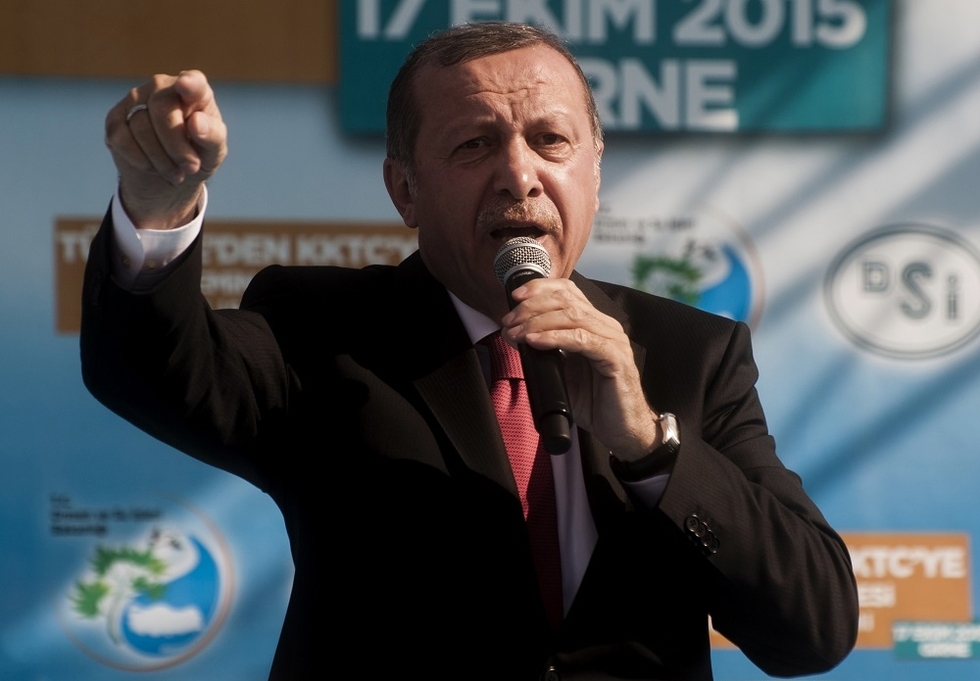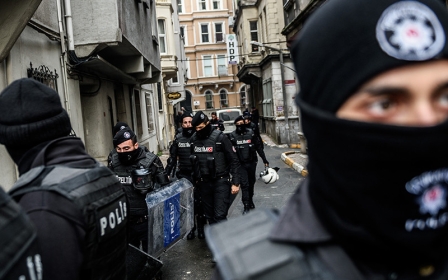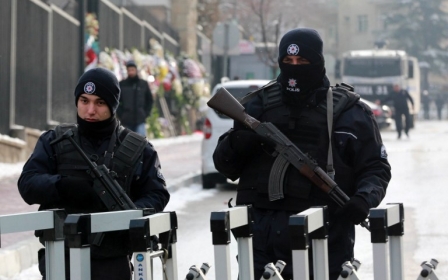Turkey sacks thousands of state employees in new crackdown on Gulen movement

ISTANBUL, Turkey – In a state of emergency decree, Turkey sacked thousands of state employees, including military personnel, on Tuesday night for allegedly having ties to the Fethullah Gulen movement.
First published in the country’s official gazette, State of Emergency Decree 656 forcibly removes 4,446 employees from various government departments, including Turkey’s armed forces.
The decree targets the gendarmerie forces, police force, education ministry and the interior ministry, among others.
A total of 893 people were sacked from the paramilitary gendarmerie force, 417 from the police department, 49 from the interior ministry and 2,585 from the education ministry.
Forty-eight people were also sacked from the foreign ministry and 80 from state broadcaster TRT.
Additionally, 330 academics were sacked from various universities.
Turkey has been placed under a state of emergency since 20 July 2016. The three-month state of emergency has been extended twice and is currently set to be in effect until 20 April.
330 academics were sacked from various universities
It grants expanded powers to the government, including the power to rule by decree.
The state of emergency was imposed after a failed coup against the government on 15 July, which Turkish officials have blamed on US-based Turkish preacher Fethullah Gulen and his followers.
Tens of thousands of people have been sacked, suspended, or had their business confiscated from the massive crackdown launched against alleged Gulenists after the putsch.
More than 100,000 people have been affected by the crackdown.
Turkish officials have admitted in the past that their primary basis of identifying Gulenists is based on finding people who have used the relatively obscure and messaging apps Bylock and Eagle.
Testimonies and confessions gleaned from current detainees have also been used, but even the country’s top leaders, including President Recep Tayyip Erdogan, have warned about placing too much emphasis on the authenticity of those statements.
Turkey’s Western allies have repeatedly warned Turkey to observe due process and basic human rights while engaging in this crackdown.
This has infuriated authorities who claim that Western governments didn’t back the Turkey quickly enough as the coup was underway but see fit to tell Ankara how to run the crackdown.
Turkey’s relations with its Western allies, the United States and Germany in particular, have become frayed partly over claims that they are sheltering Gulenists.
Turkey has asked the United States to extradite Gulen based on a treaty between the two countries.
Tensions with neighbouring Greece have also risen during the past 10 days after a Greek court refused to extradite seven soldiers who flew a military helicopter to northern Greece on 16 July to seek refuge.
Turkey has asked the United States to extradite Gulen
Ankara has vowed to continue fighting against Gulen’s movement, which it has designated as a terrorist group.
Gulen and his supporters stand accused of trying to infiltrate Turkey’s state structure over the past four decades with the ultimate aim of toppling Turkey’s secular constitutional order.
The Gulen movement and Turkey’s ruling Justice and Development party were close allies, often cooperating closely on multiple issues, from 2002 until late 2012 - when they had a fall out and eventually became bitter enemies
Middle East Eye propose une couverture et une analyse indépendantes et incomparables du Moyen-Orient, de l’Afrique du Nord et d’autres régions du monde. Pour en savoir plus sur la reprise de ce contenu et les frais qui s’appliquent, veuillez remplir ce formulaire [en anglais]. Pour en savoir plus sur MEE, cliquez ici [en anglais].




